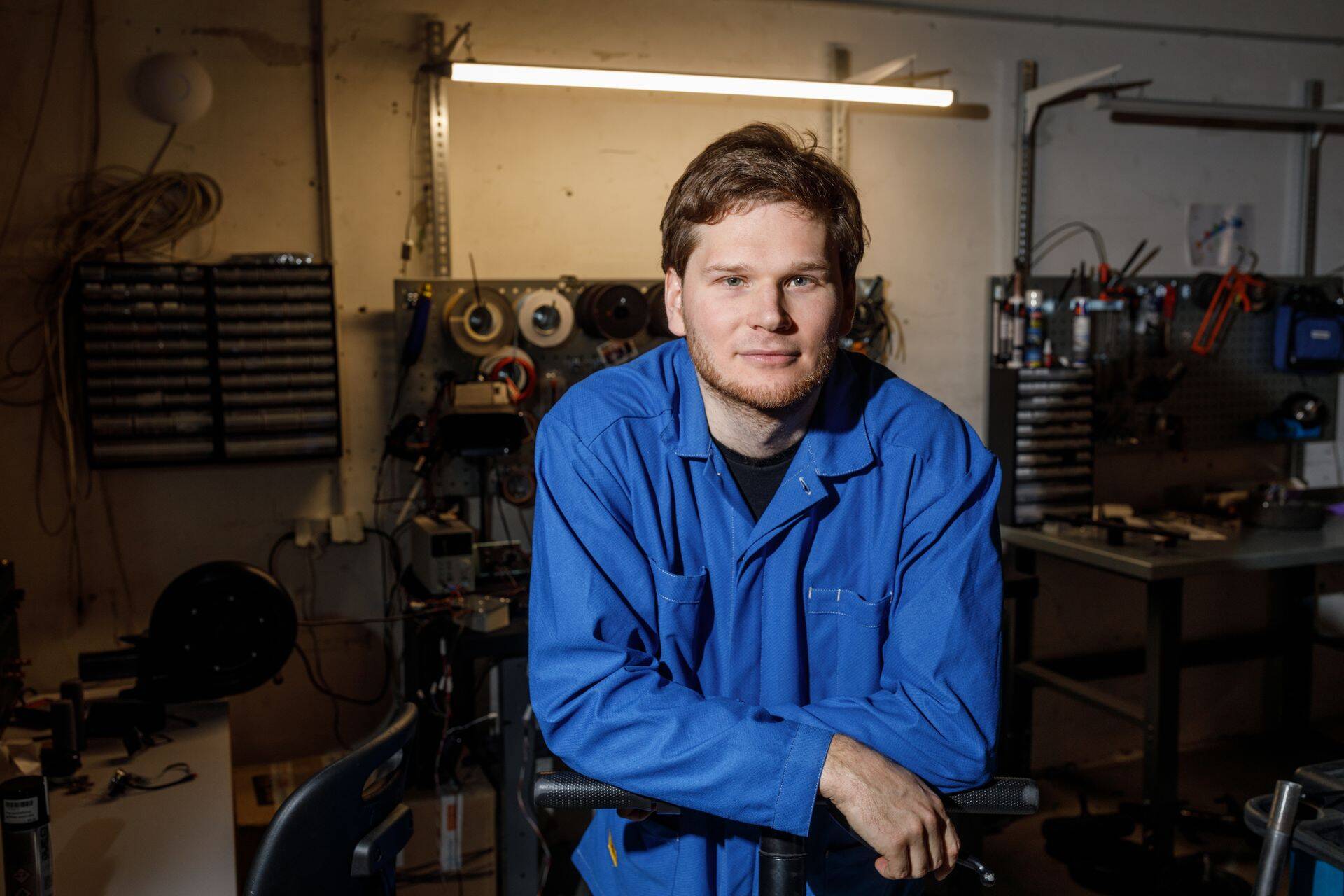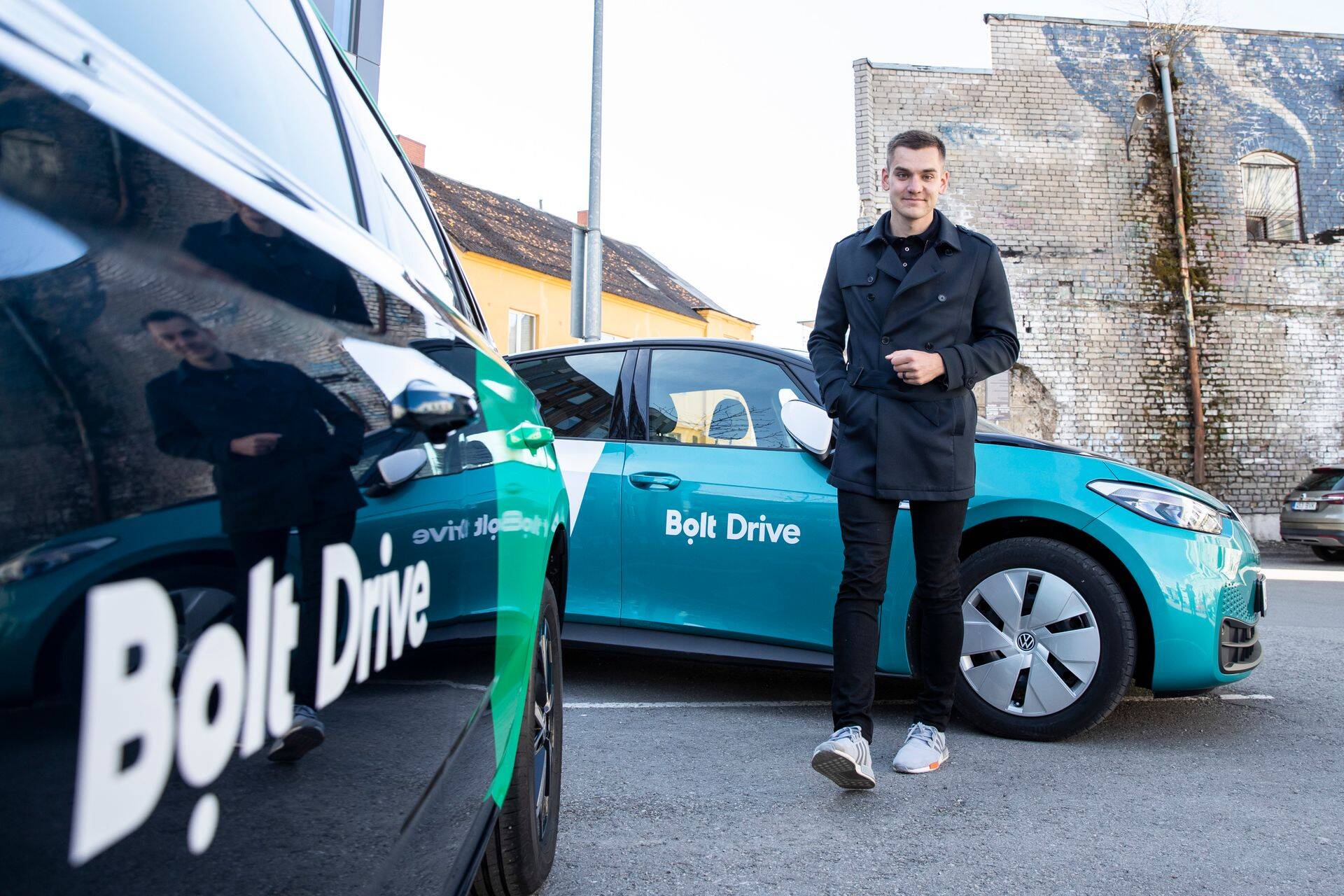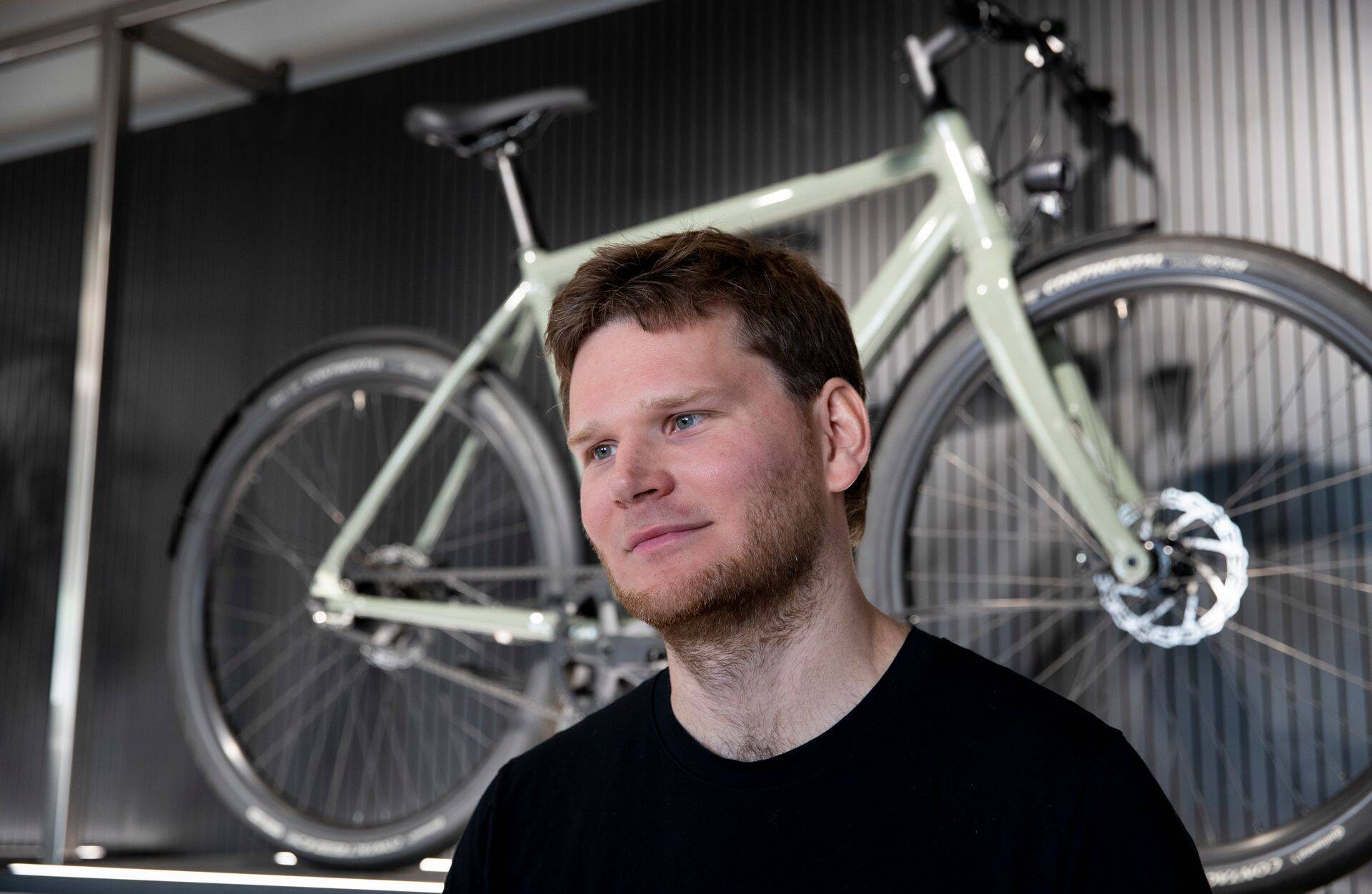- aripaev.ee
- ituudised.ee
- bestmarketing.ee
- kestlikkusuudised.ee
- kaubandus.ee
- finantsuudised.ee
- palgauudised.ee
- personaliuudised.ee
- raamatupidaja.ee
- toostusuudised.ee
- logistikauudised.ee
- ehitusuudised.ee
- kinnisvarauudised.ee
- pollumajandus.ee
- mu.ee
- virtuaalkliinik.ee
- nationalgeographic.ee
- imelineteadus.ee
- imelineajalugu.ee
- laanevirumaauudised.ee
- dv.ee
Who is the Winner on Europe's Scooter Battlefield?
Last month, Europe saw its first big electric scooter acquisition: German startup Circ was taken over by US competitor Bird.
On the face of it, that merger might seem like bad news for the other contenders on Europe’s scooter battlefield — the biggest being US company Lime, Swedish startup Voi and German startup Tier, writes Sifted.
Yet Tier and Voi remain bullish on their chances to survive — and thrive — this year.
“It’s not really threatening; Bird and Circ are not leading in any markets,” says Fredrik Hjelm, cofounder of Voi. “Lime is leading in most markets.”
“I feel like we’re in a good position now,” adds Hjelm; Voi is now operating in around 40 cities in Europe and claims people have taken more than 16m rides on its scooters.
Lawrence Leuschner, cofounder of Tier, is also feeling perky. Between December and January, Tier expanded into 15 new markets (it is now in 56 cities in Europe, 33 of which are in Germany) and the company claims that 17m rides have been taken on its vehicles since launching in October 2018 (two months after Voi).
Scooter companies’ success or failure will centre on several key questions:
- Can they win city tenders?
- Can they reduce operational costs?
- Can they expand into new product lines which help with either of the above?
- Can they raise more money if (or more likely, when) they need it?
- How much impact will new entrants or mergers have?
Winning city tenders
Across Europe, cities are trying to rein in scooter operators, and figure out the best way to regulate this new mobility market.
Many are putting scooter operations out to tender, and asking companies to make a case for why they would be a trustworthy and safe service provider.
Leuschner says the best way to get cities onside is to show them the data. City authorities want reassurance that operators will provide a safe, well-managed service that will help, not hinder, its transport network. Tier riders have suffered no fatal accidents to date, Leuschner says, adding that Tier limits all scooter rides to 20km/hour (less than the required speed limit in some markets) and insures all drivers.
All eyes on Paris
When it comes to scooter regulation, the approach taken by Paris (and mayor Anne Hidalgo) is receiving a lot of attention. This summer, the city is expected to decide which three scooter operators it will grant a licence to provide their services in the city. (The tender process closes in March.)
It’s a key contract for anyone looking to conquer the French market.
“It’s so binary in France, compared to Germany,” says Hjelm. “In Germany, you can have a bad start and catch up; in France, you either get licences and they’re worth a lot — €100ms — or you don’t get them and you have to shut down your French operations.”
For Dott, one of the smaller operators, the contract is “very important”. Amsterdam-based Dott is active in just five markets in Europe (Paris, Brussels, Lyon, Munich and Turin) and is focused on becoming a leader in each of them (and making each city profitable).
Leuschner argues that while the contract is important, it is still only one city in France. “Paris is a big city — but there’s a 5,000 scooter limit. We’d like to win Paris, but life won’t end there,” he says.
The UK
The UK is seen as another interesting location on the scooter battlefield — mostly because they aren’t yet legal on the streets.
Last month, however, The Times reported that the UK government will imminently launch a consultation to look into how to regulate scooters and that trials in UK cities may follow.
But it’s far from certain that scooters will be legalised in the UK.
The best way to get cities onside is to show them the data. City authorities want reassurance that operators will provide a safe, well-managed service that will help, not hinder, its transport network.
Cofounder of Tier
Chopping operational costs
If 2019 was the year of scooter hyper growth, 2020 will be the year of unit economics.
“We’re super focused on unit economics and getting to profitability in all markets,” Hjelm told Sifted when Voi raised a Series B round of $85m last November. “The first year was all growth, growth, growth. Now we’re investing in tech.”
Investors will only continue to back loss-making businesses for so long (as Circ discovered) so scooter startups need to start demonstrating that they can make every ride profitable.
Leuschner says that Tier is already most of the way there.
80% of Tier’s fleet now have swappable batteries (an in-house operations team ride electric cargo bikes around cities to replace batteries when needed). With swappable batteries, “every ride is profitable,” says Leuschner.
Voi, meanwhile, says it reached seasonal profitability in several core markets last year and aims to get to full-year profitability in most markets this year.
Wooing investors
When the WeWork debacle happened last year, investors quickly became wary of startups burning their way through a lot of cash — and scooter companies this side of the Atlantic felt the repercussions. “Sentiment shifted a bit after last fall,” says Hjelm. But Hjelm reckons that raising capital this year shouldn’t be a problem for Voi.
Leuschner also says it’s likely Tier will be out to raise again this year, hinting that this would fund new services or products, rather than bankroll its scooters. In January, Tier bought Pushme, a UK-based replaceable battery recharge network, giving some suggestions as to what territory it might bite off next.
New players — or acquirers?
If raising money weren’t to pan out as planned, some of Europe’s scooter operators may have to look for a buyer.
The big US players might have been interested once (both Lime and Bird have raised far more capital than the European operators). But, with its acquisition of Circ, Bird is not likely to stump up the cash for another European scooter startup. Lime, which has been laying off staff across several markets and struggled to raise its last round of funding, is also not looking likely to acquire other businesses any time soon.
More traditional transport operators — like train or car companies — are other potential buyers.
Ford, for one, is interested in micromobility. In 2018 it acquired scooter startup Spin — and this year, it’s expanding to Europe. Spin is currently hiring in Germany, France, Italy, Spain and the UK.
“There will be more consolidation, but I don’t really know when,” Hjlem adds. “The licences will be a trigger for that.”
FoundME is inviting you on board of a weekly newsletter that will bring you the news and opinion stories from the Estonian startup scene. - Subscribe to foundME newsletter HERE!
Seotud lood
Mainor Ülemiste AS ja Europark käivitasid Ülemiste City’s uudse tehnoloogiaga parkimislahenduse, mis kärbib tühjade parkimiskohtade arvu 30% ning säästab sellega nii linnaruumi, elanike tervist kui raha. Europarki juhi sõnul saab süsteemi laiendada kogu Tallinnale.
Enimloetud
Viimased uudised
Hetkel kuum
Liitu uudiskirjaga
Telli uudiskiri ning saad oma postkasti päeva olulisemad uudised.
Tagasi FoundMe esilehele












